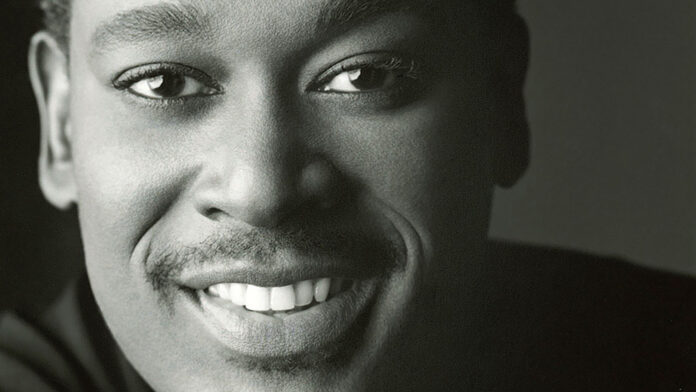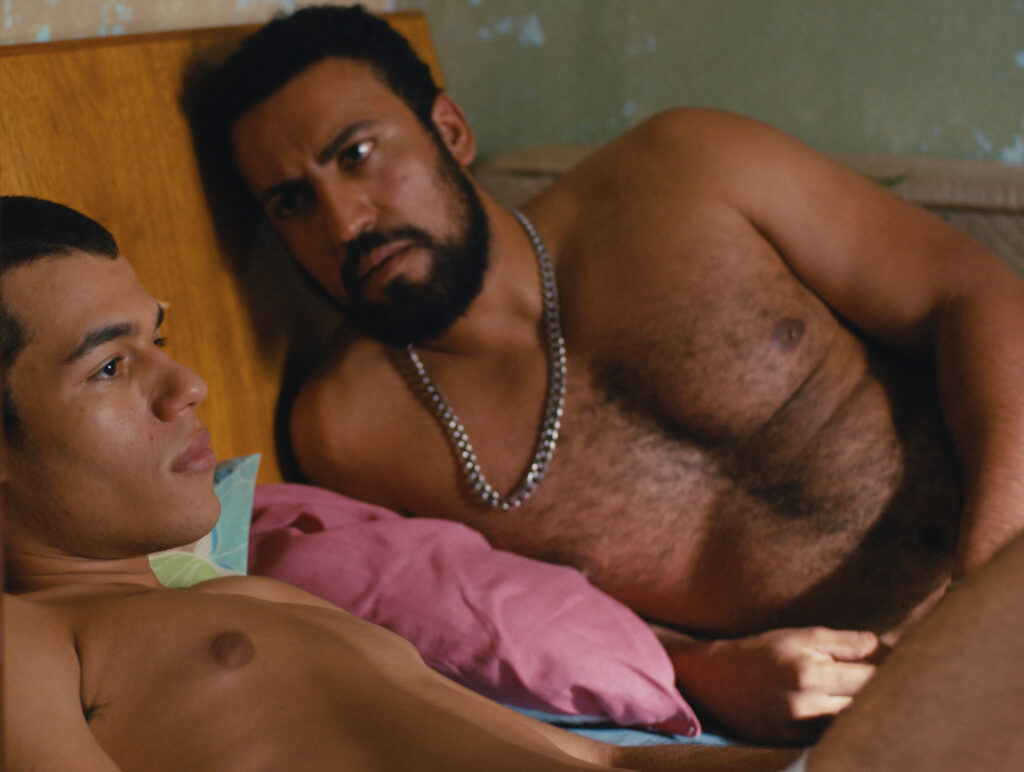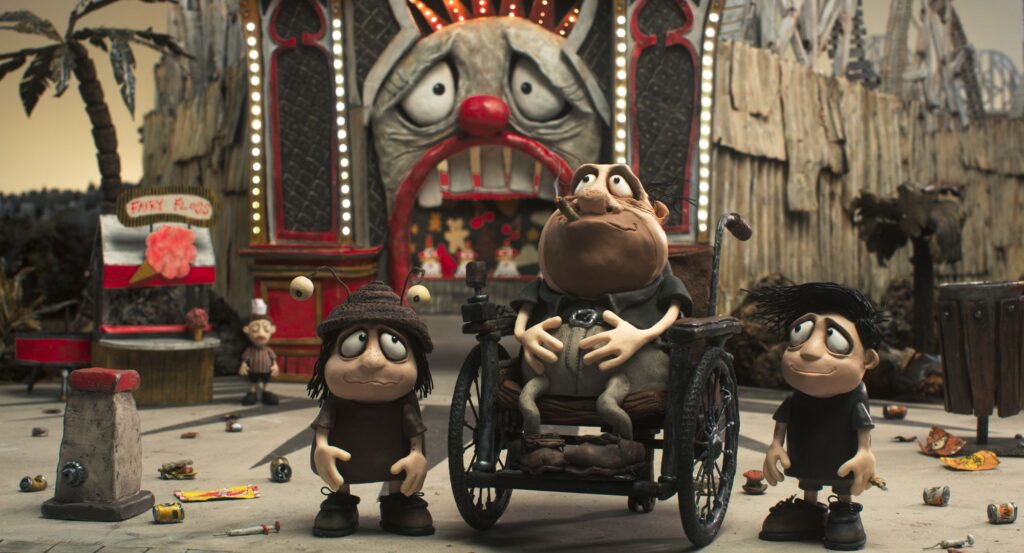
The 33rd Philadelphia Film Festival will unspool Oct. 17-27 at various Philadelphia Film Society locations in Center City. This year’s opening night film is “September 5,” which recounts the Israeli hostage crisis during the 1972 Olympics. The fest will close ten days later with “Blitz,” director Steve McQueen’s World War II drama set in London starring Saoirse Ronan as a mother looking for her young son.
In between, there are world premieres of films, including two locally focused documentaries, “No One Died: The Wing Bowl Story,” and “The Philly Sound…Heard ‘Round the World,” as well as chances to see some of the films getting Oscar buzz this season. This includes “Conclave,” which is about the process of selecting a new Pope, and “The Brutalist,” director Brady Corbet’s lauded, four-hour drama about an architect (Adrien Brody) in America.
The festival will also host the Philadelphia premiere of “The Room Next Door,” out gay filmmaker Pedro Almodóvar’s first English-language feature, starring Tilda Swinton and Julianne Moore as old colleagues who reunite years later. In addition, the festival offers a chance to see “Wake and Fright” (Oct. 27, 8:15 pm, Bourse), Ted Kotcheff’s 1971 masterpiece on the big screen. The late gay actor Gary Bond stars as a schoolteacher encountering toxic masculinity in the Australian outback in this queer-coded film (NOTE: This intense drama contains graphic and disturbing animal violence).
There are a quartet of films featuring LGBTQ+ content screening this year. Here is a rundown of what to watch.
“Luther: Never Too Much” (Oct. 27, 3:30 pm, PFS East) is director Dawn Porter’s enjoyable documentary about the late singer, songwriter and producer extraordinaire, Luther Vandross. Told through anecdotes by his friends and fellow musicians, as well as archival clips and concert footage, the film traces his life from being a “Motown child,” worshiping singers like Aretha Franklin and Dionne Warwick — with whom he would later work — to appearing on “Sesame Street,” collaborating with David Bowie and Bette Midler, and even working and singing commercial jingles. But it is his solo career where his incredible talent and ambition are fully realized — even though he was pigeonholed as an R&B musician and never quite achieved the crossover success he deserved and desired. “Luther” addresses some of the singer’s troubles, including ongoing struggles with his weight, his fear about the stigma of coming out, and a car accident in 1986 where his passenger was killed. Although the film is hagiographic, Luther’s lush voice and music still generate goosebumps. Although Vandross was not crazy about being called “Dr. Love” because his songs were so seductive, it is hard not to feel all the love and respect the musicians, friends and fans have for him in this cinematic valentine.

The fabulous Brazilian import, “Baby” (Oct. 22, 1 p.m., PFS Bourse; Oct. 25, 7:15 p.m., PFS East) opens with 18-year-old Wellington (João Pedro Mariano) being released from a juvenile prison. His parents have moved away, so he ekes out life on the streets until he meets Ronaldo (Ricardo Teodoro), a man more than twice his age, in a porn cinema. The sexual attraction between these guys is intense, and Ronaldo, a sex worker, takes Wellington under his wing. But Baby, as he is renamed, wants to do what he pleases, and when he rebels against Ronaldo, Baby takes up with Alexandre (Marcelo Várzea), a sugar daddy. Director/co-writer Marcelo Caetano presents Baby’s story in an elliptical narrative that shows the young man living by his wits and his looks. “Baby,” however generates considerable emotions because of the tender romance between Wellington and Ronaldo. The attractive actors deliver lived-in performances, and the film’s gritty realism keeps the action spiky as Baby tries to avoid dangerous situations. This is a moody gem.

“Memoir of a Snail” (Oct. 20, 1:45 p.m., PFS East; Oct. 24, 6 p.m., PFS East) by out gay writer/director Adam Elliot, is a wistful stop-motion animated tale that recounts the life of Grace Pudel (voiced by Sarah Snook). Born prematurely with her twin brother Gilbert (Kodi Smit-McPhee) — and killing their mother in the process — the siblings try to find small joys in their lives. Grace is bullied, but Gilbert protects and defends her, such is their bond. However, after their father dies, the twins are shipped off to separate foster homes and long to reunite. Grace experiences some setbacks, even after she finds love with Ken (Tony Armstrong). Meanwhile, Gilbert’s storyline heads into some dangerous gay territory. “Memoir of a Snail,” however, is not all doom and gloom. When Grace befriends the feisty Pinky (Jackie Weaver), an eccentric old lady, she learns to embrace life and weirdness. Elliot’s film delivers some salient messages about letting go and freeing ourselves from the cages we create, and how to move forward in life even when the chips are down. The imagery is fabulous, and Elliot injects his affecting film with some dark humor. This animated film is not for young children, but adults should check it out.

“Bird” (Oct. 24, 6:15 p.m., PFS East; Oct. 27, 1 p.m., PFS East) is writer/director Andrea Arnold’s moody, intense drama about Bailey (Nykiya Adams), a wise beyond-her-years 12-year-old (Her mother claims she was “born looking for trouble.”). Angry that her father Bug (Barry Keoghan) is getting re-married, and combatant toward her mom Peyton’s (Jasmine Jobson) abusive boyfriend (James Nelson-Joyce), Bailey befriends a skirt-wearing stranger named Bird (Franz Rogowski), who may be a savant. The bond that develops between Bailey and Bird is kind of a chosen family; they each grapple with their awkward personal situations, which forms the film’s emotional core. “Bird” unfolds largely through Bailey’s eyes thanks to Andrea’s intimate, handheld camerawork. While the moments of magical realism amid the characters’ hardscrabble lives may be too precious — and the film is more metaphorically than explicitly queer — “Bird” does provide a palpable sensory experience.
The 33rd Philadelphia Film Festival will take place Oct. 17-27 at various Philadelphia Film Society locations. For more information, including tickets and schedule, visit filmadelphia.org/33rd-philadelphia-film-festival/.